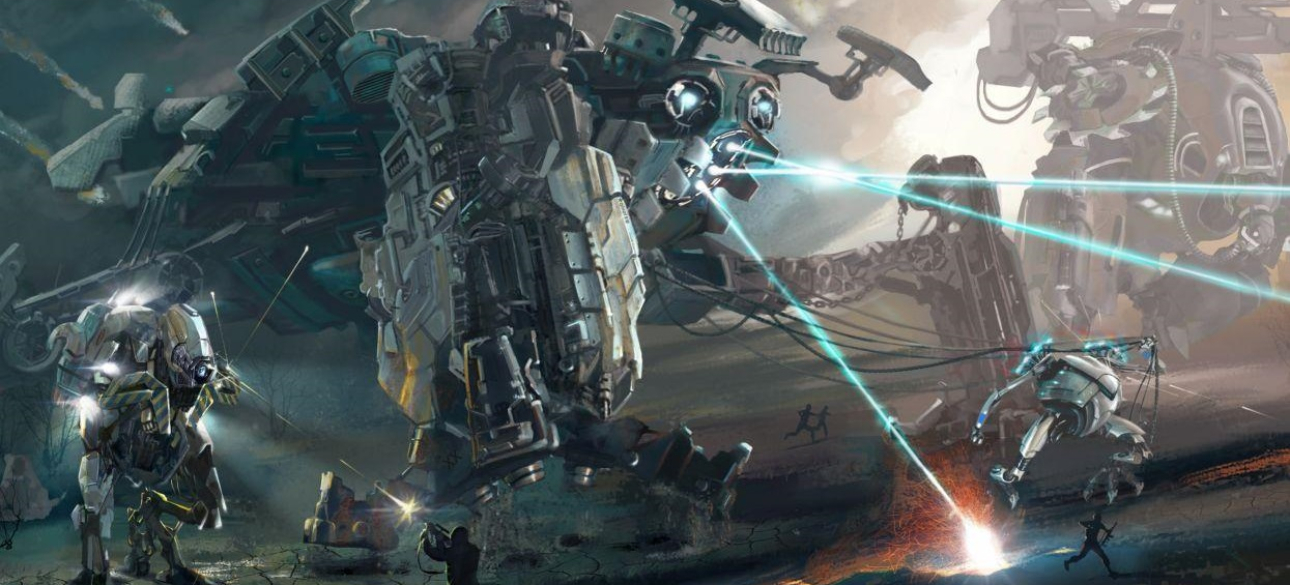
Everyone agree that the "war through robots" is a faster scenario than a guaranteed result. We will call for the help of logic, understanding of current trends, historical examples - and try to look into the lock -up of the Pandora box first and foremost we need to formulate a basic statement - conflicts and wars, as an extreme form, not because there are more advanced technical means. Wars begin through human decisions, political ambitions, economic interests or ideological differences.
The possession of technology revives the smoky images and inspires confidence in the victorious result. The ability to scale weapons production, which is ahead of the means of defeating competitors, becomes a catalyst for conflict. Humanity has invented international law and organizations with pathetic abbreviations that had to ensure its postulates. Something managed to restrain, something not. The work will be the same. Here are some risks that, in my opinion, can lead to real physical collision.
If one country (such as China or the US) has a clear advantage in mass production and control over key technologies, it can exacerbate global competition, similar to how the struggle for semiconductors is exacerbated. Ask yourself who initiated in such a war - a lagging leader? My bet on the one who is behind, who tries to put a competitor that goes into the separation. Substitute the name of the country for yourself.
Mass automation can lead to an increase in unemployment among unskilled workers, which in some countries can cause protests, radicalization and internal conflicts. We have seen a historical example when we destroyed machines and factories, considering them the cause of misery. The robots can (and) deploy more than one campaign covered by religious/ethical/economic cover. But the progress does not stop. Humanoid work, like any advanced technologies, will necessarily be used for military purposes.
We already see how drones and autonomous systems are used in military operations in the east and in Ukraine. The idea that people will cease to die in the wars because they will be replaced by work is so widespread in societies that humanity simply does not stop until it tested this theory in practice. In fact, part of hostilities (air defense, Reb, space intelligence) will be given to the work completely due to the lack of purely human "defects" - the need for sleep, fatigue, inattention, etc.
Wars often arise not only through technologies, but also through human ambitions, ideologies or the struggle for resources. Humanoid work alone does not "want" wars, but their use can increase the existing tensions if they are perceived as a threat or suppression tool. It can be assumed that for AI and robots, it is really possible to create a system of global transactions similar to those that regulate nuclear weapons or chemical weapons. But the UN was also created to prevent wars.
New technologies have invariably used to suppress and build old accounts. Therefore, I believe that no words will keep people from the military use of AI and robots.










All rights reserved IN-Ukraine.info - 2022